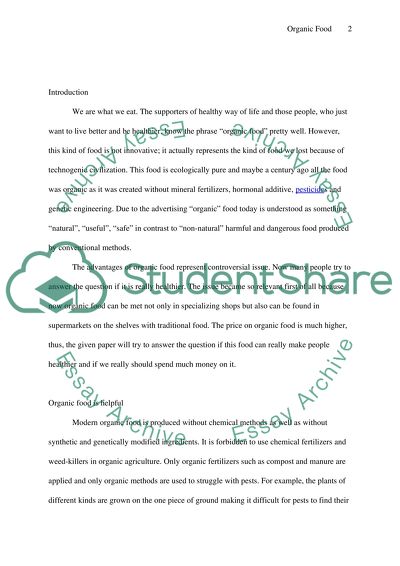Cite this document
(“Organic food: is it really worth-buying Essay Example | Topics and Well Written Essays - 1250 words”, n.d.)
Retrieved from https://studentshare.org/health-sciences-medicine/1471589-organic-food-is-it-really-worth-buying
Retrieved from https://studentshare.org/health-sciences-medicine/1471589-organic-food-is-it-really-worth-buying
(Organic Food: Is It Really Worth-Buying Essay Example | Topics and Well Written Essays - 1250 Words)
https://studentshare.org/health-sciences-medicine/1471589-organic-food-is-it-really-worth-buying.
https://studentshare.org/health-sciences-medicine/1471589-organic-food-is-it-really-worth-buying.
“Organic Food: Is It Really Worth-Buying Essay Example | Topics and Well Written Essays - 1250 Words”, n.d. https://studentshare.org/health-sciences-medicine/1471589-organic-food-is-it-really-worth-buying.


